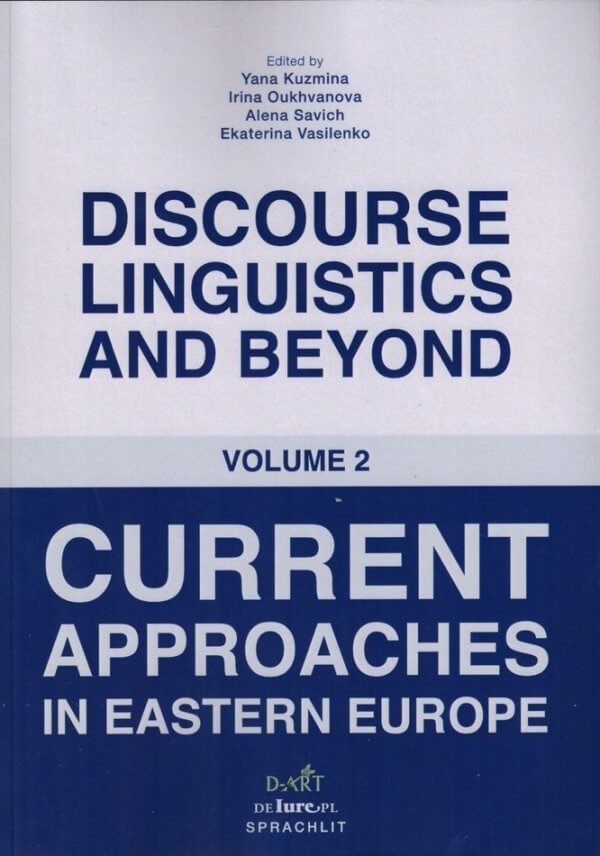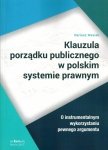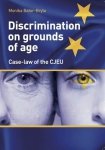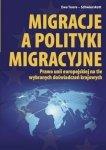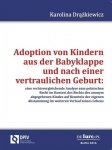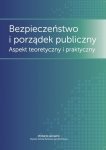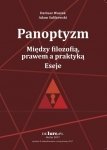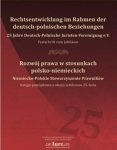-
Załączniki bezpieczeństwa
Załczniki do produktuZałączniki dotyczące bezpieczeństwa produktu zawierają informacje o opakowaniu produktu i mogą dostarczać kluczowych informacji dotyczących bezpieczeństwa konkretnego produktu
-
Informacje o producencie
Informacje o producencieInformacje dotyczące produktu obejmują adres i powiązane dane producenta produktu.deiure
-
Osoba odpowiedzialna w UE
Osoba odpowiedzialna w UEPodmiot gospodarczy z siedzibą w UE zapewniający zgodność produktu z wymaganymi przepisami.
Discourse linguistics and beyond Current Approaches in eastern Europe
It is commonly said that the major questions to which research contributes can now only be successfully addressed through approaches that draw simultaneously on multiple academic and professional fields. This view is as persuasive in relation to communication as it is with respect to scientific discovery and innovation. If we understand verbal communication as language organised according to its use in given settings, crucially connected with how those uses are understood, and linked to how such understandings contribute to complex chains of further social action (including further communication), then is difficult to see how any single, current field could resolve the important problems. But seeking to bring fields across the necessary areas into dialogue with one another - less to assess their respective strengths than to forge new approaches - remains a major challenge as well as an obviously important one.
Difficulties arise partly because, in engaging with issues of communication, a major obstacle is encountered straightaway: that of clarifying what 'discourse' is, and so getting into a position to benefit from the specialised contributions made by fields including linguistics and semiotics, philosophy, hermeneutics, the history of ideas, psychology, translation studies, politics, studies of the professions, and others. Understanding what 'discourse' involves is complicated by different emphases across these fields as regards the nature of the questions to be addressed, the most suitable terminology and frameworks in which to characterise them, and the most productive methods of enquiry. But in a range of practical initiatives cutting across linguistic and national boundaries, innovative work has taken place leading to the emergence of an increasingly influential, interdisciplinary field.
D-ART 2 "Discourse Linguistics and beyond" is a substantial and important contribution to that field. Extending roundtable presentations involving participants principally from Belarus, the Czech Republic, Latvia, Poland, Russia and Ukraine, this volume marks fresh cooperation between scholars working in Western European (German, French, and English) and Eastern European discourse studies traditions. When read together and in relation to each other, the essays perform a number of valuable functions: they describe, contextualise, and compare intellectual traditions that have developed in different language cultures not generally accessible to each other; and they tackle and illuminate more specific issues, including how genre structures our ways of understanding and doing things, how far translation is involved in conceptualization, the role played by verbal discourse in creating national identity, and what challenges are presented by modalities of discourse presentation, especially online.
D-ART 2 is a work of international convergence and engagement between scholars. It does not claim to provide clear-cut answers to all the questions it raises. Rather, it forms part of a continuing project of collaboration committed to investigating new kinds of interaction that can be achieved between more traditional, theoretical investigations of 'language' and a range of socially situated studies of communication as a challenge in professional, political and wider cultural settings.
Alan Durant
Professor of Communication
Middlesex University, School of Law

 6 szt.
6 szt.
